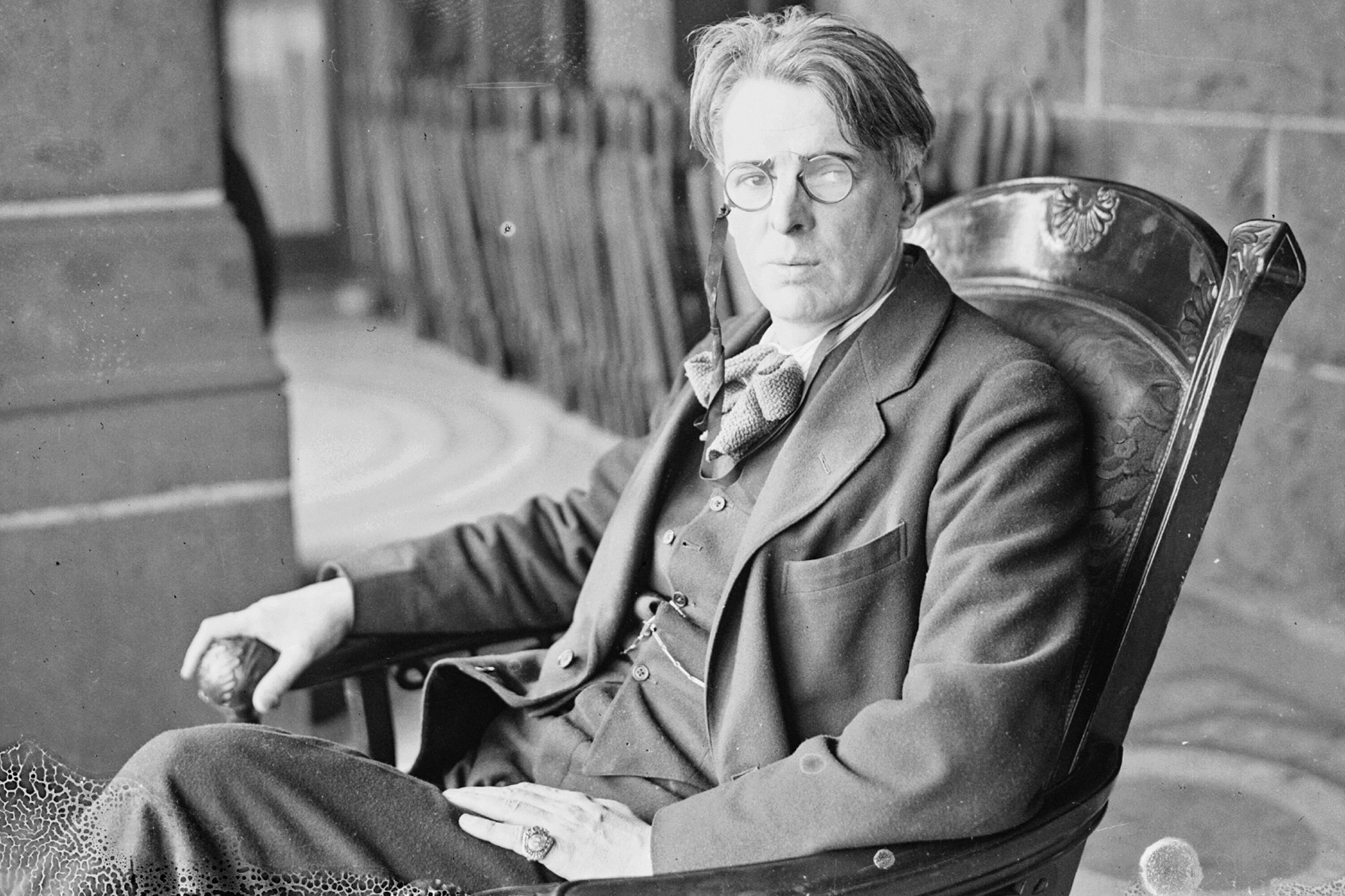| Retrieved from: http://www.lovethispic.com/uploaded_images/248359-Pretty-Happy-Easter-Eggs.jpg |
Friday, 30 March 2018
Wednesday, 28 March 2018
The Mask of the Red Death by Edgar Allan Poe
Enjoy this version created by students at the University of Technology, Sydney for Media Arts and Production
Director: Mat Van Rhoon
Producer: Evangeline Aguas
Poem: A Satirical Elegy on the Death of a Late Famous General
A satire is a genre which "can be described as the literary art of diminishing or derogating a subject by making it ridiculous and evoking toward it attitudes of amusement, contempt, scorn, or indignation". (Abrams: 2012)
Abrams, M. (2012) A Glossary of Literary terms. Boston: Wadsworth, Cengage learning.
A Satirical Elegy on the Death of a Late Famous General
By Jonathan Swift
(1722)
His Grace! impossible! what dead!
Of old age too, and in his bed!
And could that mighty warrior fall?
And so inglorious, after all!
Well, since he’s gone, no matter how,
The last loud trump must wake him now:
And, trust me, as the noise grows stronger,
He’d wish to sleep a little longer.
And could he be indeed so old
As by the newspapers we’re told?
Threescore, I think, is pretty high;
’Twas time in conscience he should die
This world he cumbered long enough;
He burnt his candle to the snuff;
And that’s the reason, some folks think,
He left behind so great a stink.
Behold his funeral appears,
Nor widow’s sighs, nor orphan’s tears,
Wont at such times each heart to pierce,
Attend the progress of his hearse.
But what of that, his friends may say,
He had those honours in his day.
True to his profit and his pride,
He made them weep before he died.
Come hither, all ye empty things,
Ye bubbles raised by breath of kings;
Who float upon the tide of state,
Come hither, and behold your fate.
Let pride be taught by this rebuke,
How very mean a thing’s a Duke;
From all his ill-got honours flung,
Turned to that dirt from whence he sprung.
Abrams, M. (2012) A Glossary of Literary terms. Boston: Wadsworth, Cengage learning.
Friday, 23 March 2018
Poem: The Two Trees by W. B. Yeats
William Butler Yeats
He was born in Dublin, Ireland, in 1865. He was the eldest child of John Butler Yeats and Susan Mary Pollexfen. Yeats spent his early years in London since his father was studying art, but he often returned to Dublin.
After returning to London in the late 1880s, Yeats met writers such as Oscar Wilde and George Bernard Shaw. He also became acquainted with Maud Gonne, a supporter of Irish independence. This revolutionary woman served as a muse for Yeats for years. He even proposed marriage to her several times, but she turned him down.
 |
| DN-0071801, Chicago Daily News negatives collection, Chicago History Museum Retrieved from https://www.poetryfoundation.org/poets/william-butler-yeats |
He was born in Dublin, Ireland, in 1865. He was the eldest child of John Butler Yeats and Susan Mary Pollexfen. Yeats spent his early years in London since his father was studying art, but he often returned to Dublin.
After returning to London in the late 1880s, Yeats met writers such as Oscar Wilde and George Bernard Shaw. He also became acquainted with Maud Gonne, a supporter of Irish independence. This revolutionary woman served as a muse for Yeats for years. He even proposed marriage to her several times, but she turned him down.
Language Change - A Diachronic View
Let's see how language has changed throughout history by looking into literature.
Tuesday, 20 March 2018
Fundamentación del área
El espacio de Lengua y Cultura III corresponde al tercer año de estudios, es correlativo a Lengua y Cultura II y es pre-requisito para cursar Lengua y Cultura IV.
El propósito de esta cátedra, como herramienta instrumental y formativa, es ofrecer a los futuros docentes la posibilidad de estimular una sensibilidad estética, adquirir un bagaje cultural, y de desarrollar estrategias de lectura crítica y de análisis discursivo que les permitan lograr un entendimiento más acabado sobre la estilística, la cultura y el uso de la lengua en cada uno de los textos a trabajar. Se propone entregar al alumno herramientas para la (re)construcción y (re)creación de significados, tanto en el contexto de producción como recepción, inmediata y posterior. Lengua y Cultura III apunta a la creación de un perfil profesional crítico y reflexivo no solo a través del lenguaje, sino en él.
De esta manera, esta asignatura tiene como objetivo acercar a los futuros docentes al ámbito de las expresiones artísticas, los acontecimientos históricos, los fenómenos culturales y literarios acaecidos durante los siglos XVIII y XIX. Para ello, se proveerán redes referenciales, un marco crítico y técnicas de análisis que hagan más accesible la cosmovisión de la relación entre el sujeto, el mundo y el lenguaje.
Lengua y Cultura III tiene como finalidad seguir desarrollando las múltiples habilidades adquiridas por los futuros docentes mediante el enfoque de los fenómenos históricos y literarios por estudiar, para así contribuir a sus propias prácticas críticas y reflexivas como lectores, escritores, comunicadores y futuros formadores.
El estudio de la lengua y la cultura será abordado desde dos perspectivas diferentes pero integradas: por un lado se analizarán los principales eventos, ideas y movimientos que tuvieron lugar durante los siglos XVIII y XIX. Por otro, se analizarán manifestaciones y fenómenos literarios y contextualizados en período a estudiar. Estas piezas ofrecerán a los alumnos la posibilidad de apreciar la belleza de las mismas así como también de tener una exposición intensiva y extensiva del idioma inglés Además, la discusión de las problemáticas, los argumentos, los personajes y los hechos apuntan a ejercitar la lengua oral.
Monday, 19 March 2018
Subscribe to:
Comments (Atom)